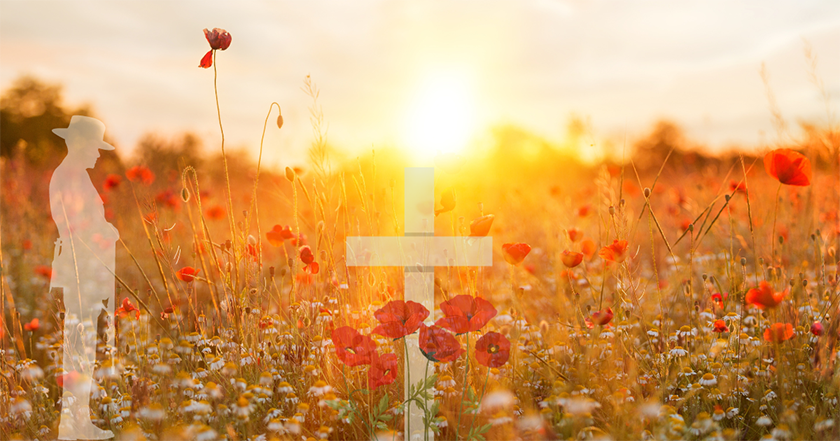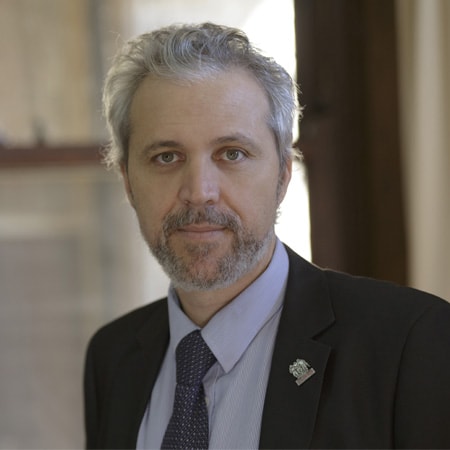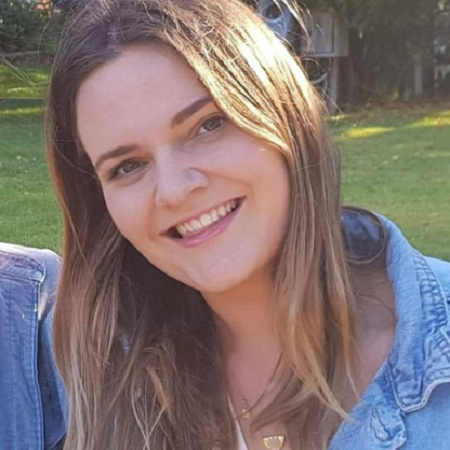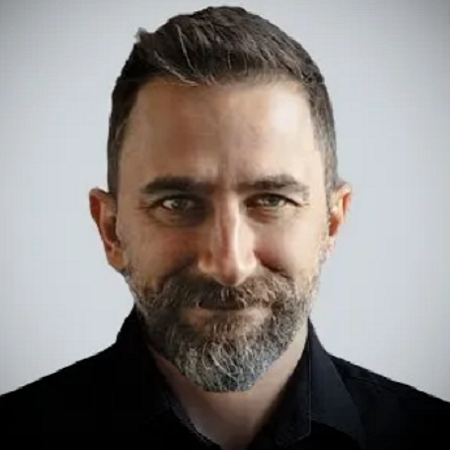The modern soldier, sailor and aviator joins the Australian Defence Forces as part of a professional career. Since 2000, the pace has been relentless with major peacekeeping deployments to Timor Leste in 1999-2003 and 2006-07, involving 15,000 or more defence members, and over 40,000 serving members deployed to warlike conditions in the Middle East, marking Australia’s longest continuous periods of military commitment.
Our Defence Force members have also become first responders, deployed to assist with natural disasters in Australia and overseas, and to peacekeeping roles in high-conflict regions of the world.
The current generation of personnel join earlier generations deployed to Vietnam and those who served in the 80s and 90s as peacekeepers to brutal regional and international conflicts including Somalia, Rwanda, Bougainville, Solomon Islands, amongst others
In my work I see daily the courage and struggles of men and women who have served, often with distinction, and yet their years of service have left them carrying psychological wounds that take a heavy toll on the veteran and their family.
For me, Anzac Day is an opportunity to reflect and understand the toll that military service can have to veterans and their loved ones. This toll is greater than many may realise.
It is a sad reality that military personnel who have transitioned from years of service are more likely to experience significant mental health challenges with 1 in 2 meeting criteria for a mental disorder within the past 12 months and 1 in 3 being diagnosed with PTSD within their lifetimes.
In my thirty years as a researcher and clinician for mental health with particular focus on PTSD, I see the severe mental health effects of people who were the first responders to trauma.
There are many great days in my work where I get the chance to see and be a small part of the journey that these forgotten heroes make through hard work and determination to find their ways to get back to a place where they can take control of their lives.
Sadly I also will carry with me into this Anzac Day the memories of many remarkable men and women who have lost their battle with mental illness through suicide or the multiple impacts on health that come from the ravages of mental ill health.
I have come to learn that Anzac Day is not an easy day for many Veterans. For those of you who attend ceremonies or watch online, you see many Veterans attending ceremonies across the nation - they will arrive in dress uniform with their service rank and medals displayed as tradition dictates, not always easily worn for this day.
At every service, there will likely also be a large number of veterans who will be there with you, yet they will wear no uniform, they will linger on the edges remembering those they served with and those they have lost while serving or most likely since they have returned. Others will stay at home and wait for this day to end.
There is support available
I write to remind all Veterans families and community members that there are tried and true pathways to wellness and healing from PTSD.
At St John of God Health Care, we have invested in redeveloping St John of God Richmond Hospital, which will transform the way we provide comprehensive mental health care providing comprehensive and holistic mental health care services in a tranquil setting.
The hospital has a well-established program for supporting veterans and first responders who are experiencing PTSD, along with supporting clients with anxiety, depression, and addictions, delivering personalised programs and therapy. We are one among a network of hospitals across Australia with experience providing care and support to Veterans in their journey home. If you are in need please do not battle alone.
To reach out or to find out more go to mentalhealth.sjog.org.au








